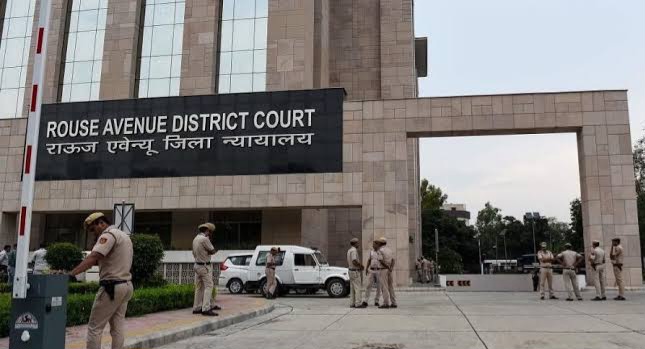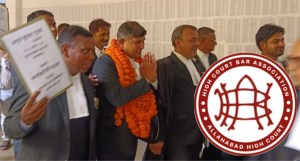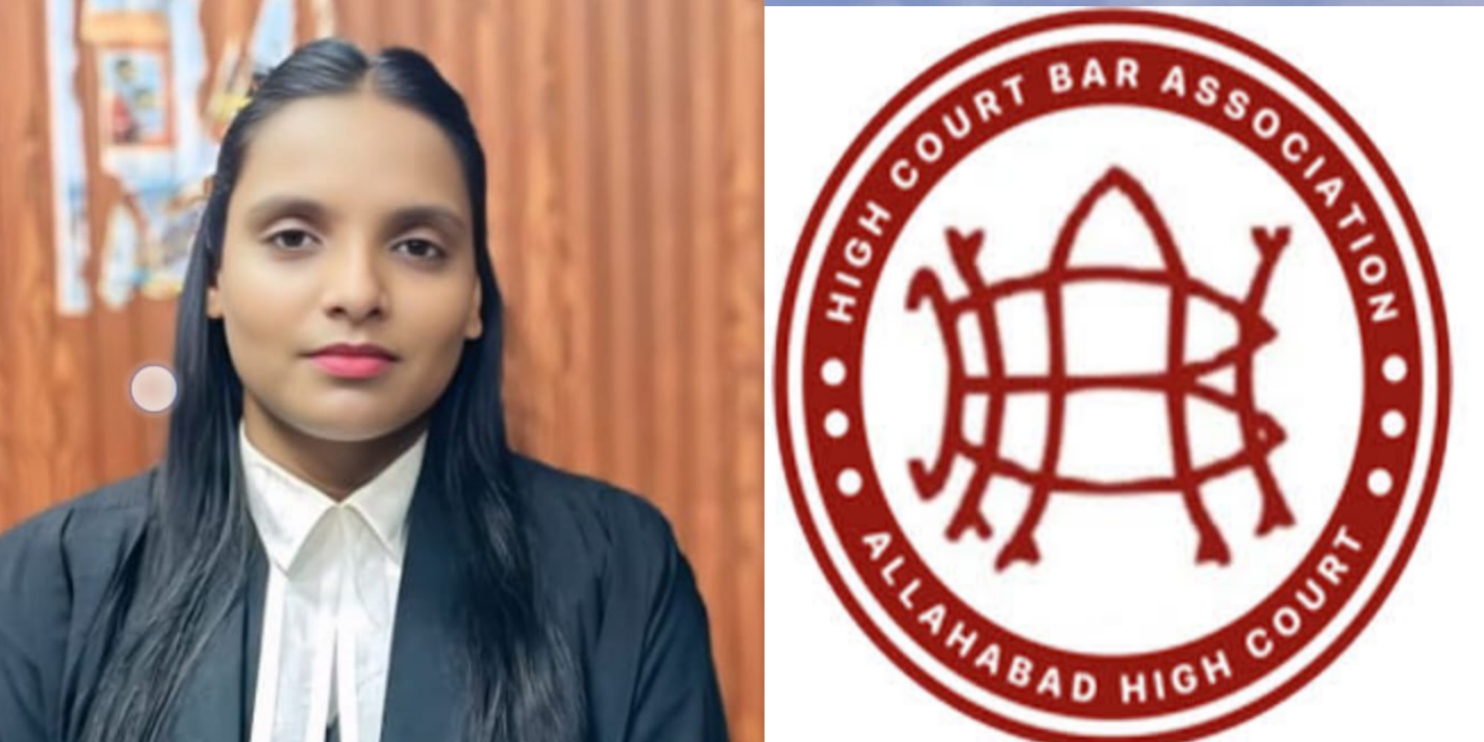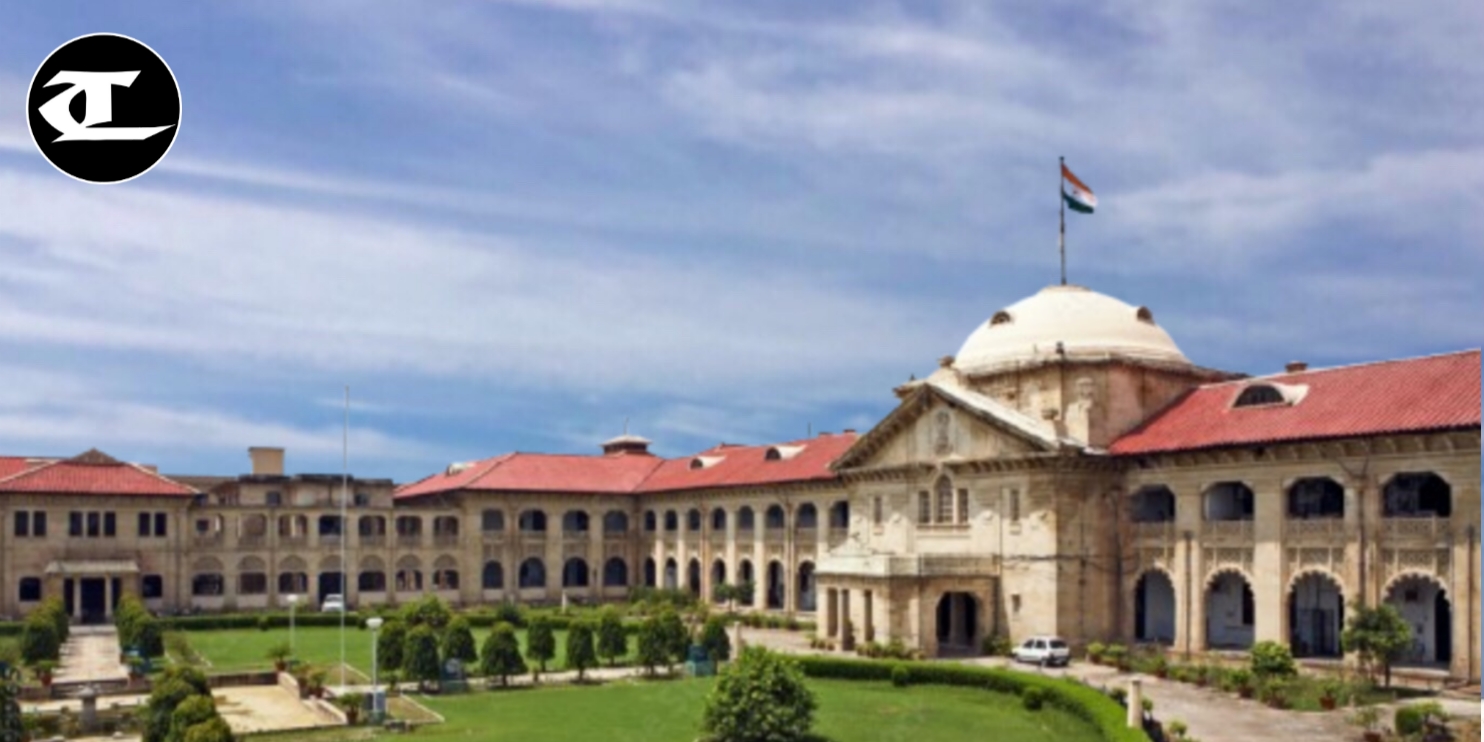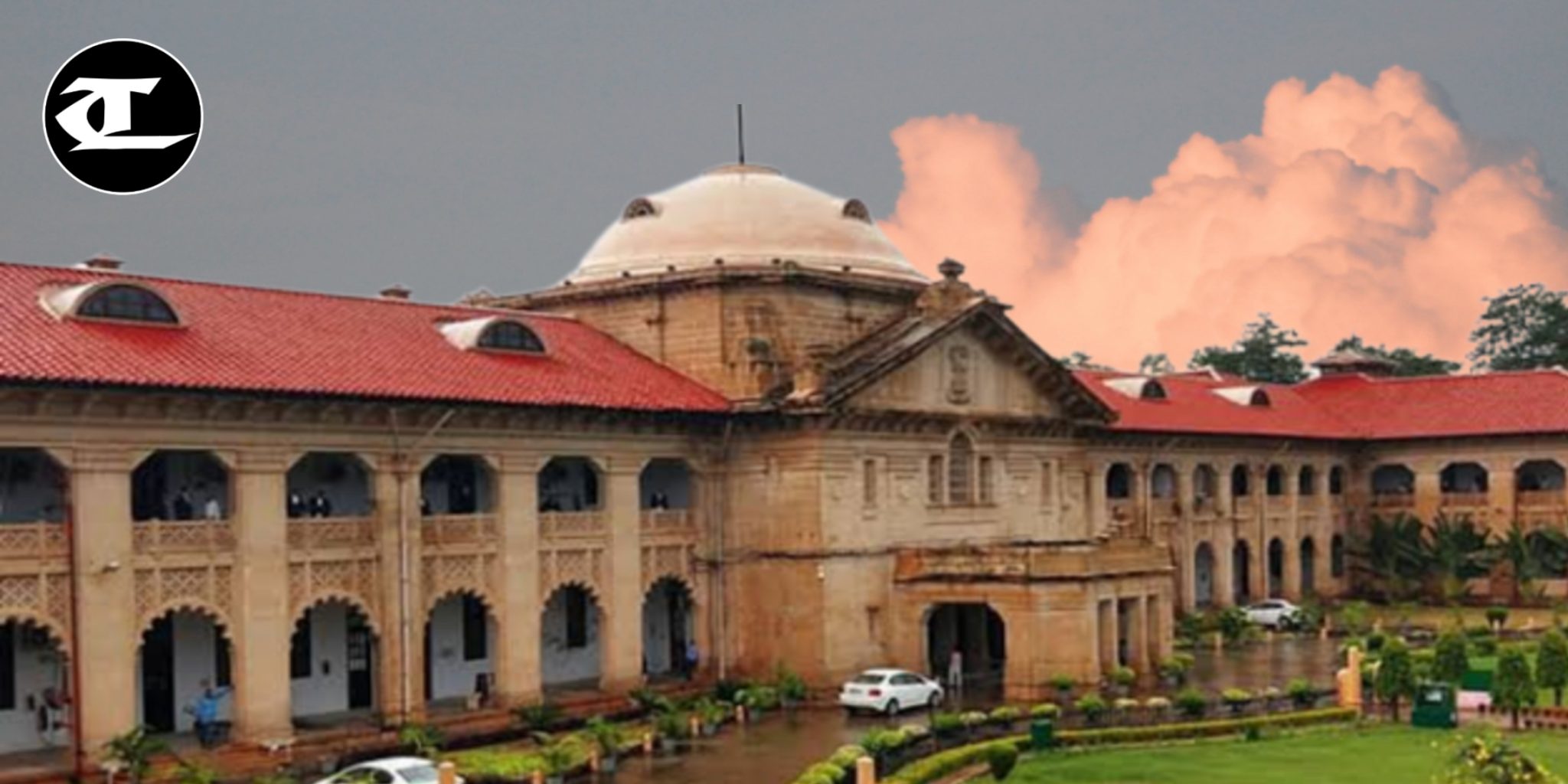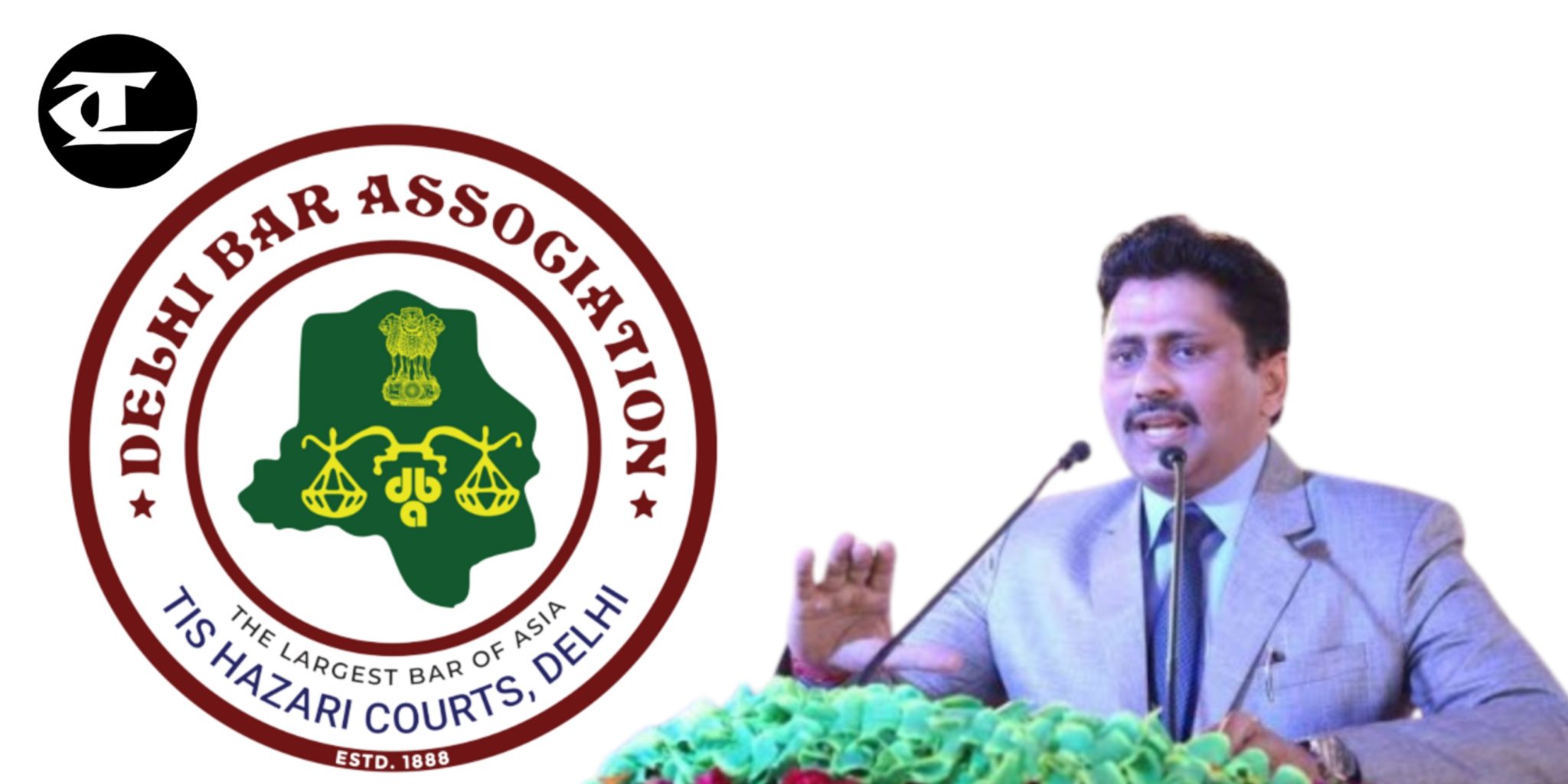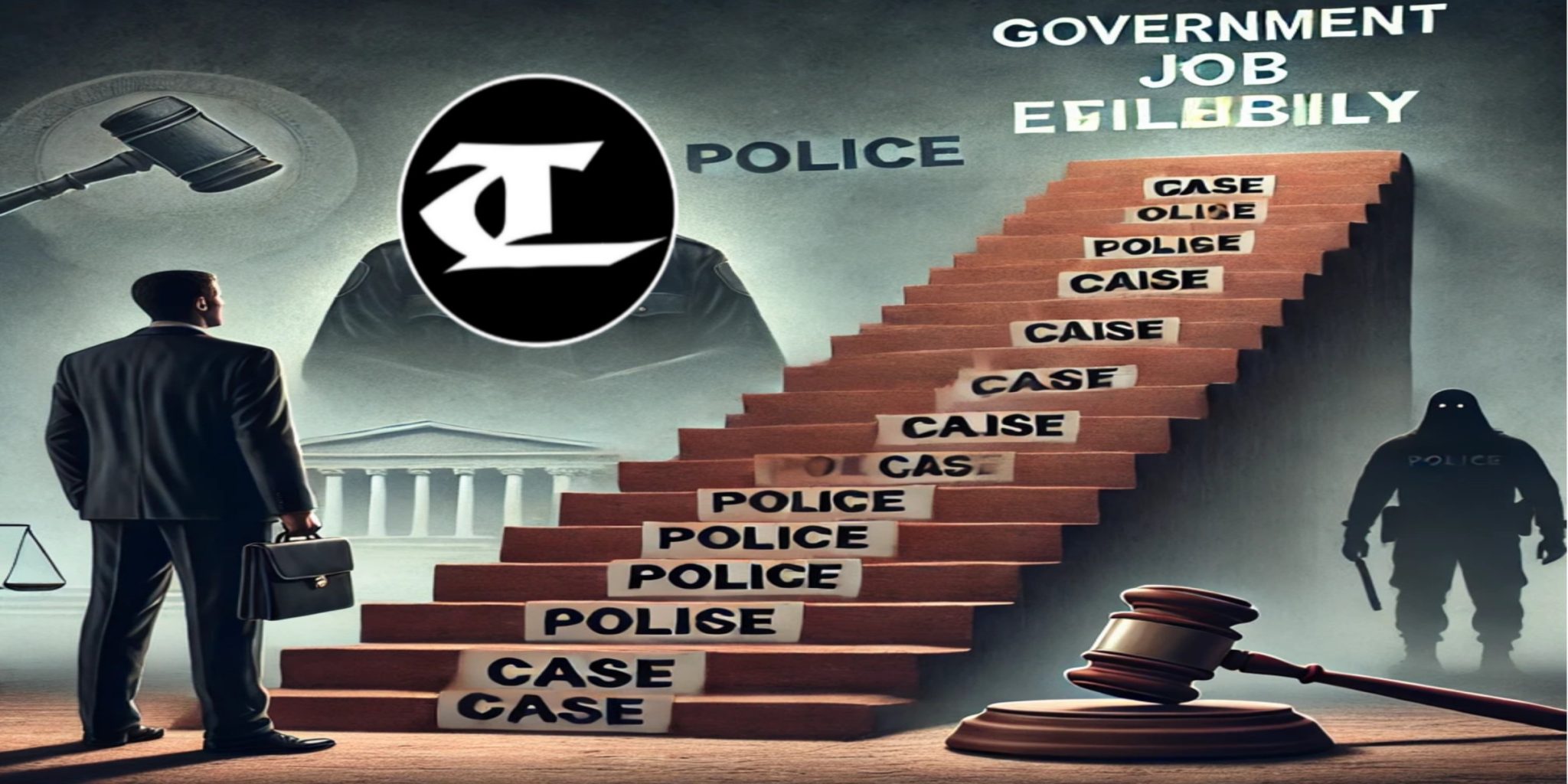New Delhi, May 27, 2025 — The Delhi High Court has refused to grant interim protection from arrest to Mukesh Kumar, an ahlmad (record keeper) at the Rouse Avenue Court, who is accused of soliciting bribes in exchange for facilitating bail for accused individuals.
During the hearing on Tuesday, Justice Amit Sharma emphasized the gravity of the allegations, stating, “Very, very serious allegations. The evidence has come on record. A person from our own staff… this is something very serious.”
The Anti-Corruption Branch (ACB) registered a case against Kumar on May 16 under Sections 7 and 13 of the Prevention of Corruption Act and relevant provisions of the Bharatiya Nyaya Sanhita (BNS).
It is alleged that Kumar demanded and accepted bribes from certain accused individuals to ensure their bail.
Kumar’s counsel, Senior Advocate Mohit Mathur, argued that the ACB officer investigating the case had previously been the subject of a complaint filed by Kumar in January, raising concerns about the fairness of the investigation. Mathur also highlighted that Kumar had cooperated with the investigation on multiple occasions since February.
In response, Additional Standing Counsel Sanjay Bhandari contended that Kumar was directly involved in the bribery, citing a handwritten slip allegedly provided by Kumar that outlined the process for securing bail through illicit means.
The High Court has scheduled the next hearing for May 29, when it will also consider Kumar’s petition seeking to quash the FIR. In the meantime, the court has requested a status report from the ACB regarding its ongoing investigation. This case has also led to administrative changes within the judiciary.
Following the booking of Kumar, the Delhi High Court transferred a Special Judge from the Rouse Avenue Court to North-West Rohini. Kumar has alleged that there is a plot to frame the judge, citing previous adverse orders issued by the judge against the ACB as a potential motive for retaliation.
The situation underscores the seriousness with which the judiciary is treating allegations of corruption within its own ranks, as well as the complexities involved when such allegations intersect with internal administrative matters.

